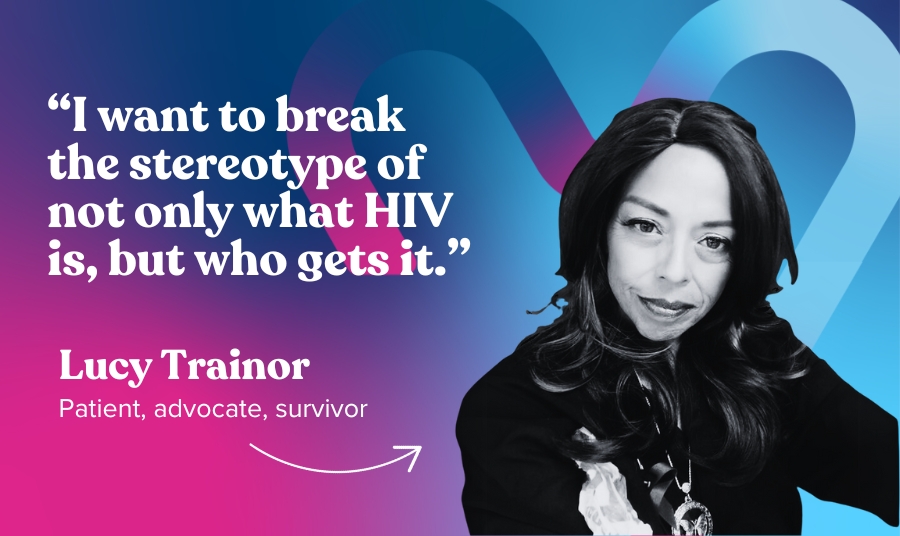For over 35 years, Avita Care Solutions’ Chief Medical Officer, Dr. Christopher Hall, has devoted his career to democratizing and scaling compassionate and competent care initiatives to underserved communities—the very patients the 340B program was designed to help. In the following interview, he offers a provider’s point of view on why the drug discount program is essential to evening the health equity playing field and how clinicians play a fundamental role in securing its sustainable future.
How long have you been serving marginalized patients with the help of safety net funding from the 340B drug discount program?
Dr. Hall: I’ve been working with clinical programs associated with the 340B program for just shy of 20 years. My very first interaction with 340B was as the medical co-director of a large HIV clinic in Oakland, California, which was associated with a DSH (Disproportionate Share Hospital) and received Ryan White Care Act funding. Then—and now—the longevity, expansion, and success of these kinds of programs is based mainly on 340B.
The longevity, expansion, and success of programs that serve marginalized patients is based mainly on 340B.
Dr. Christopher Hall
Chief Medical officer, Avita Care Solutions
In your various clinical roles serving marginalized populations over the past three-plus decades, how have 340B resources helped you and your teams care for patients who otherwise might have met serious, even life-impacting, roadblocks to care?
Dr. Hall: Back when I saw patients in brick-and-mortar clinics, 340B funding allowed us to develop clinical programs for the community that we otherwise could not have initiated or maintained. As a result, we could reach new patients and offer expanded services.
As I’ve moved into 340B-supported telehealth, with a focus on telePrEP, the 340B program has helped us develop holistic patient programs that integrate with our clinical services. Examples include community engagement events, special outreach programs for women of color, and free transportation initiatives for patients who otherwise couldn’t access care. Simply put, the 340B program allows us to expand the quality and reach of our care in a way that wouldn’t be possible if we were solely relying on conventional grant funding.
Simply put, the 340B program allows us to expand the quality and reach of our care in a way that wouldn’t be possible if we were solely relying on conventional grant funding.
Dr. Christopher Hall
Chief Medical officer, Avita Care Solutions
The 340B program has faced growing scrutiny from legislators and drug manufacturers over the past few years, and the future state of the program is still up in the air as legislators, advocacy groups, and pharma hash out a sustainable and acceptable solution to all parties. How have the changes and uncertainty surrounding the program impacted your teams’ ability to care for patients?
Dr. Hall: Believe it or not, even with the recent controversy, funding from the 340B program is often still more stable than some conventional funding opportunities that are very competitive or have limited terms.
But any time you have variability in funding, it’s the underserved patient populations that take the brunt of the impact in the long run. I’ve been involved with programs where funding changes have resulted in clinical and operational team layoffs, as well as the elimination of critical services.
The lack of political consensus about the program’s future is incredibly concerning for entities that depend on 340B to sustain necessary programming that would otherwise not be available to their communities.
Any time you have variability in funding, it’s the underserved patient populations that take the brunt of the impact in the long run.
Dr. Christopher Hall
Chief Medical officer, Avita Care Solutions




